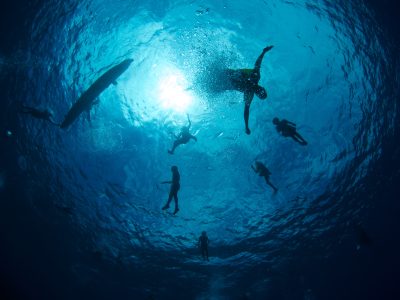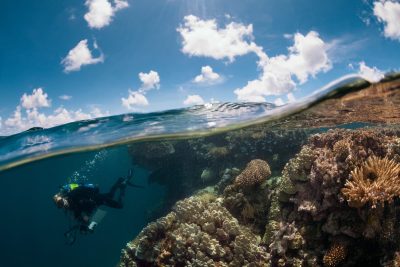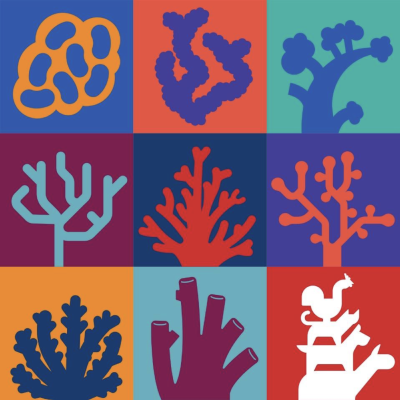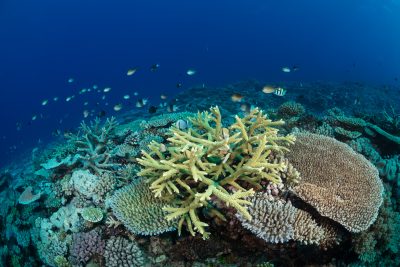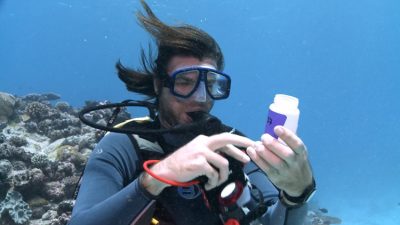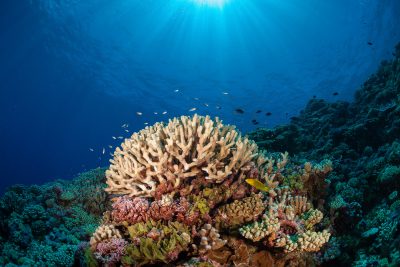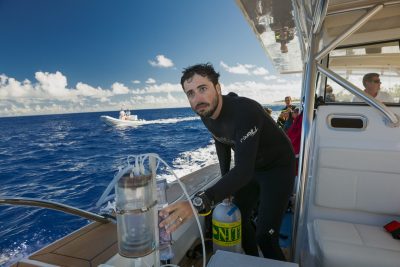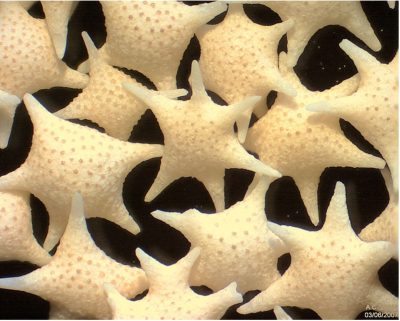
Little Creatures with a Big Message: An Educator’s Guide
Lately, you have been hearing from our partners at the University of Miami (UM) about their experiences processing and picking tiny foraminifera from sand samples that we collected on the Global Reef Expedition (GRE). As our colleagues continue to process

